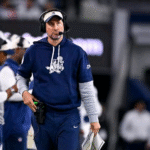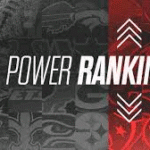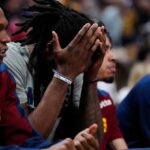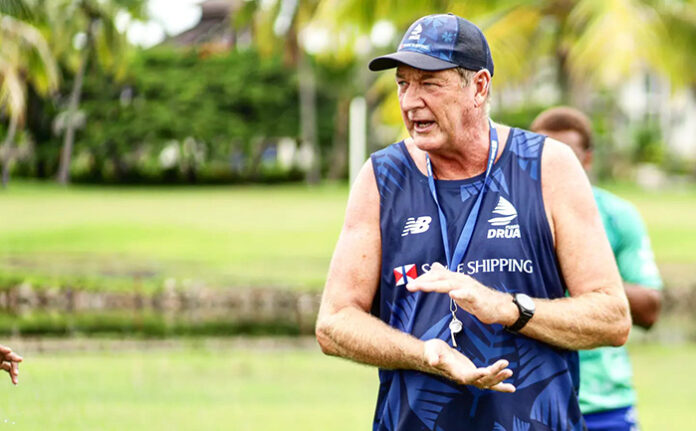BREAKING NEWS> Prior to the Pacific Nations Cup, Flying Fijians remain undaunted by “external” pressure.
Although Fiji is focused on winning the Pacific Nations Cup over the course of the next month or so, coach Mick Byrne says that the most successful squad in the history of the competition isn’t feeling the pressure from “external sources.”
In 2013, after winning three of their four games during their incredible run to victory, the Flying Fijians took home the PNC championship for the first time. In the third match week, Canada emerged victorious 20–18 in Ottawa, marking the sole blemish on Fiji’s record that year.
However, Fiji went on to win the event multiple times after that historic trophy victory, which served as the impetus for their subsequent victories. From 2015 to 2018, the Fijians won the title four times in a row, and they won the unofficial PNC the previous year without losing.
In the newly redesigned competition, which runs from August 23 to September 21, Fiji is seen as one of the favorites to win after their historic run to the Rugby World Cup quarterfinals last October.
After this year’s Super Rugby Pacific season, new head coach Mick Byrne, who was formerly with the Fijian Drua, remarked that getting ready for his first international tournament with Fiji is “massively exciting.” Byrne has selected a formidable 30-man team for the match.
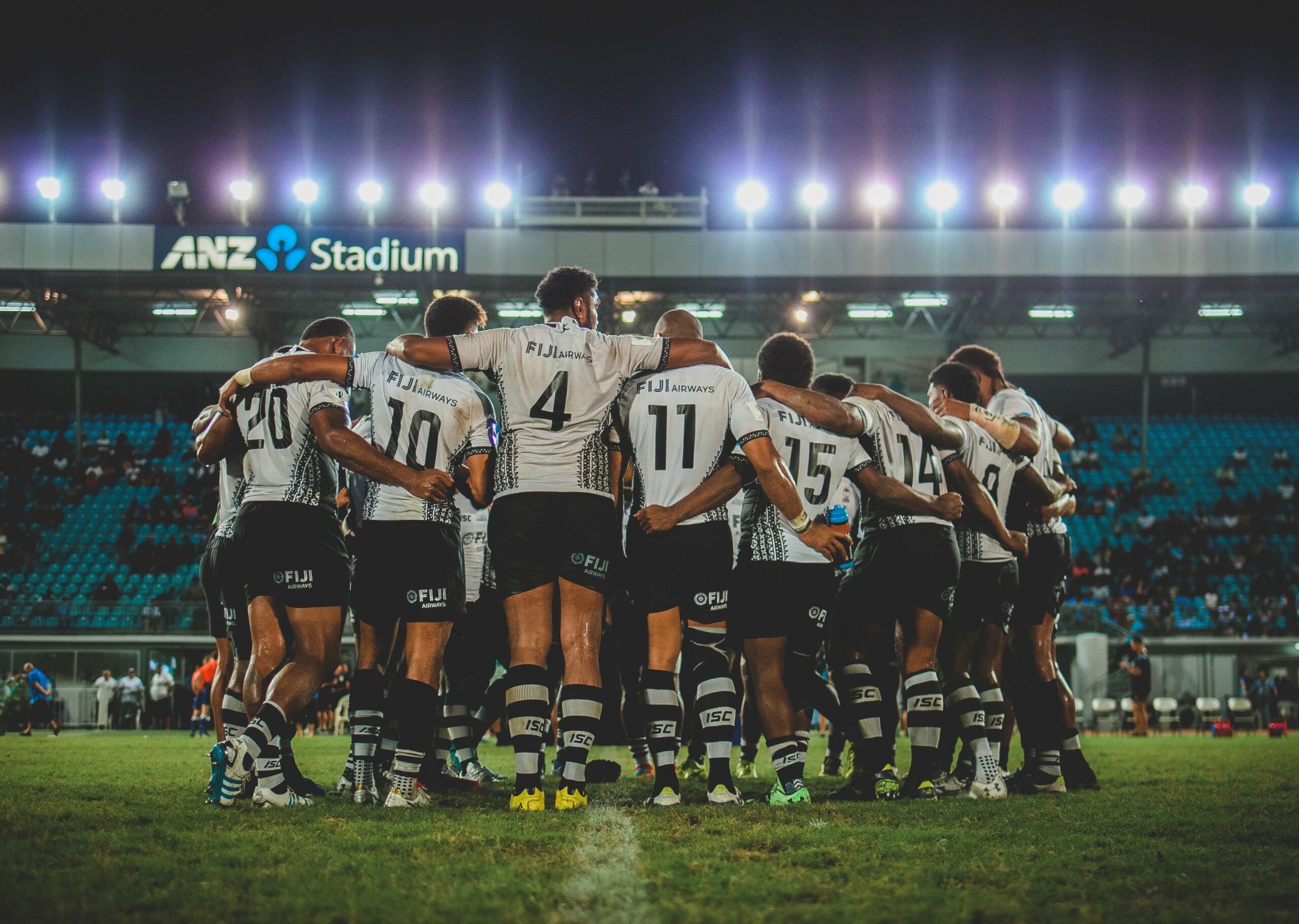
While “there’s always pressure” on international rugby teams to perform, Flying Fijians are motivated by the high standards they have set for themselves within the club, Byrne acknowledged in a press conference on Thursday.
There is pressure to show up for work every day. Here, concentrating on your performance is crucial. Byrne declared, “We want to win the PNC and bring it back to Fiji.”
However, the pressure to finish the task at hand and to adequately prepare yourself comes from within you, not from other forces. The internal pressure of performance is more significant; it’s about ensuring that the players are training well and that we are training well when we wake up.
Ensuring that our program enables our participants to reach their full potential is a top priority. I sense pressure like that. I believe that depending on how well we play, the boys will get physical if we play our game correctly, and that will determine the outcome.
Next weekend, Fiji will begin their PNC campaign against rivals Samoa, led by hooker Tevita Ikanivere. In Pool A, the Fijians will also play Tonga before heading to Japan for the competition’s next round.
Fiji will play either Eddie Jones’ Japan, Canada, or the USA in one of two semi-finals if they place first or second in the pool. Fifth-sixth place teams from the two pools will play each other in a play-off match.
The competition will conclude with a winner-take-all Grand Final, capping five weeks of play. Coach Byrne has provided an explanation of how the team’s schedule has “worked in our favour” before to Fiji’s PNC campaign.
“It allows us to recuperate that week, provide our players with some additional work and excellent instruction before we have to go to Tonga.”
After that, things get fairly frantic. We fly to Japan after returning from Tonga, and what happens next will depend on where we are at the time and how things have gone for us.
However, there are games in Osaka and Tokyo. There will be some travel because we’ll be flying in and using the bullet train or fast train to get to Osaka.
“The most important thing is organizing our weeks, which we have completed. The staff and coaches got together and scheduled our flights, rest days, and other activities. It’s crucial that we properly manage our players so that they are ready to go when the game starts and the journey affects them as little as possible.
“After the first game, we get some recovery time and can use that time to get ready for Tonga, so it’s actually not too bad for us.” After that, things become a little crazy, but we have plenty of time to prepare, and we have already done so. We have some solid plans in place.

